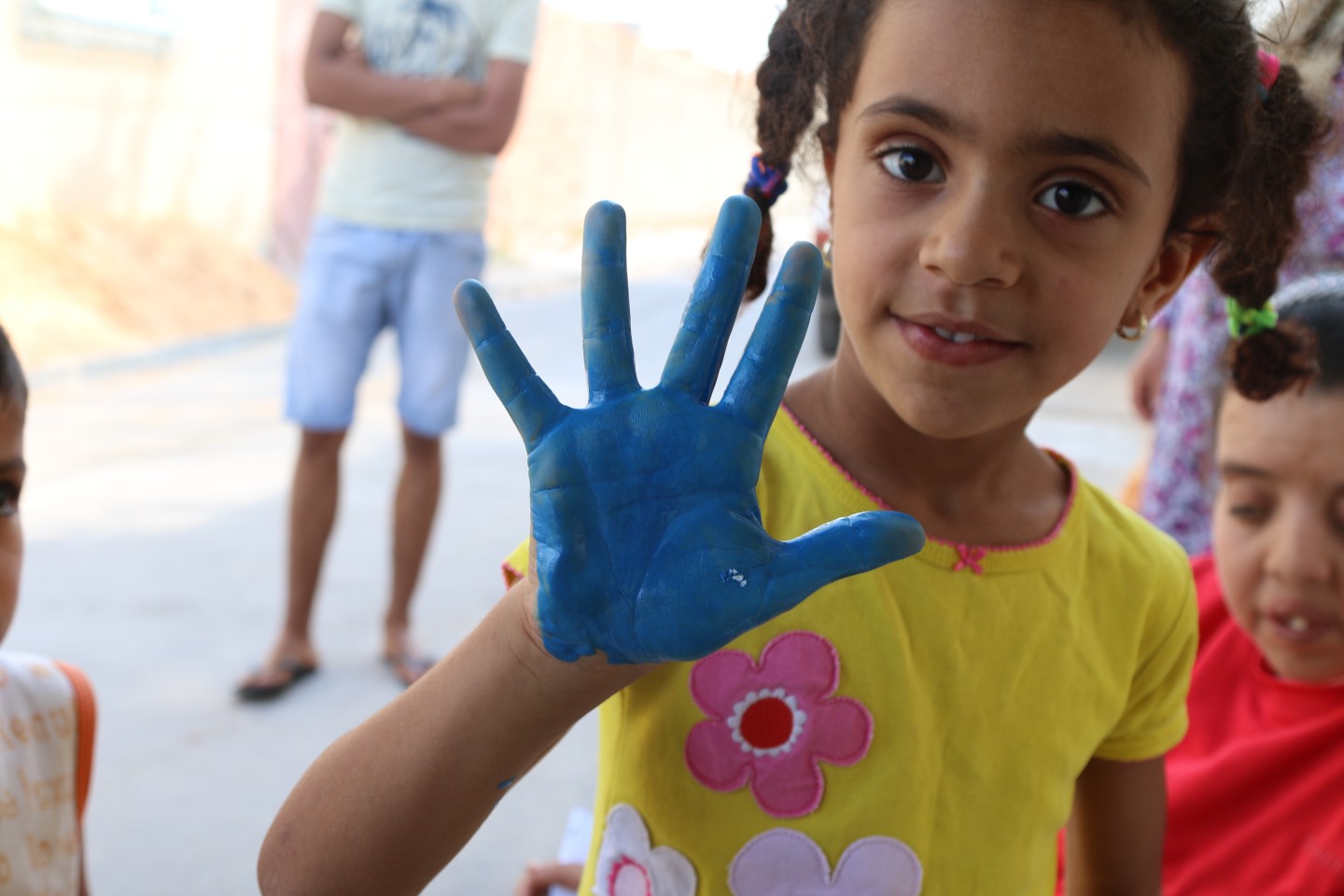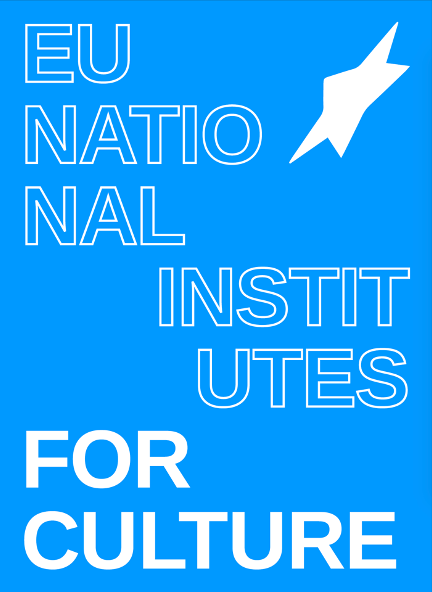
Image: Carnival of Colours, Zaghouan 2018.
New EUNIC brochure gives insights into EUNIC’s cultural relations work worldwide
What projects is EUNIC putting in place on the ground? How is EUNIC’s work beneficial to individuals and organisations who engage with the network in our partner countries around the world? What will cultural relations work look like tomorrow? The new EUNIC brochure gives answers to these questions.

Image: Carnival of Colours, Zaghouan 2018.
The brochure visits people and projects in more than six countries – Bolivia, Democratic Republic of the Congo, Romania, Russia, Tunisia and Ukraine – to showcase the width and depth of European collaboration in culture. EUNIC's work ranges from health and wellbeing to human rights and from connecting people through co-capacity building to cultural management training. Personal testimonies from another five countries give further insight into the impact of EUNIC's work on people’s lives.
Projects are realised together with partners: individual artists, cultural organisations and public authorities as well as international organisations such as the EU itself.
The brochure also gives insight into the workings of EUNIC by sharing data and statistics and by giving an overview of EUNIC's members and locations.
Read the brochure here or download below:

Would you like to stay posted on what is happening in the EUNIC network? Subscribe to our newsletter.
